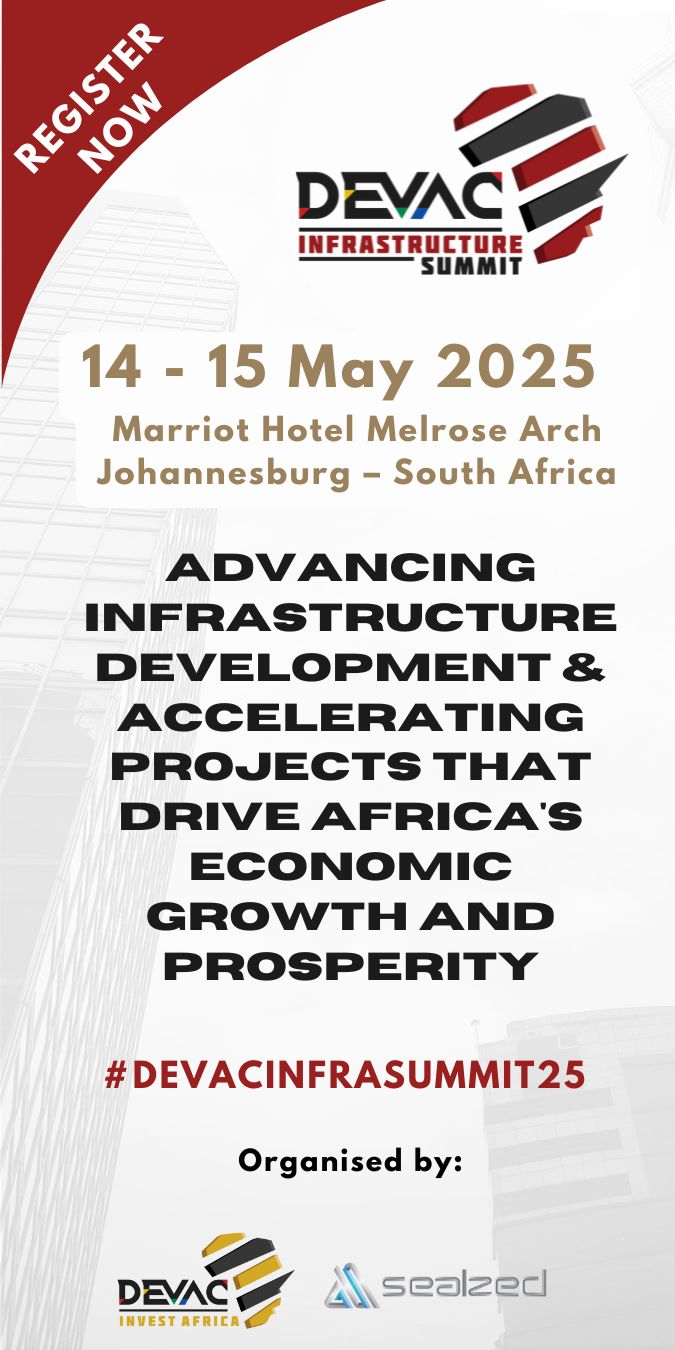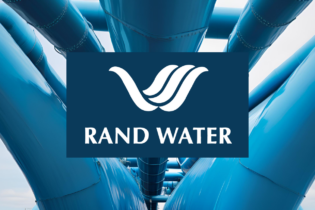In the shadow of South Africa’s industrial heartland and densely populated regions looms a water crisis of unprecedented proportions, poised to compound the nation’s economic struggles. Rand Water, Africa’s foremost bulk-water provider, issued a stark warning on March 16, alerting three municipalities in Gauteng province—Johannesburg, Tshwane, and Ekurhuleni—housing over 13 million inhabitants of an impending system collapse. This distress signal follows an extended water outage in significant parts of Johannesburg, triggered by a lightning strike on a pump station, leaving citizens parched for up to 11 days.
By Antony Sguazzin “The strains on Rand Water systems are immense,” remarked the City of Tshwane, encapsulating the gravity of the situation. “Our shared water supply system is under severe strain.” Decades of neglect, mismanagement, and political wrangling have eroded the nation’s water infrastructure, exacerbating supply challenges. As reservoir levels dwindle and demand peaks, South Africa faces a dire reckoning at the hands of its faltering water systems. Anthony Turton, a professor at the Centre for Environmental Management at the University of the Free State, succinctly captured the unfolding crisis: “The more water Rand Water pumps into this leaking sieve, the more they deplete their reservoirs. The system is on the verge of self-destruction.” Rand Water’s reservoirs have plummeted to around 30% capacity since December, down from over 70%, with demand reaching its peak at 3.4 billion liters daily amid prolonged hot weather. While the economic repercussions loom large, with disruptions to water supply imperiling activities in vital sectors such as mining and manufacturing, the crisis has devolved into a political battleground. With national elections looming, officials and utilities engage in a blame game, exacerbating public frustration.Johannesburg’s revolving door of mayors, exemplified by the recent appointment of Kabelo Gwamanda, has only compounded the management turmoil, with critics pointing to constant infighting and shifting coalitions hindering effective governance. Gwamanda’s affiliation with the Al Jama-ah party, holding a mere three seats in the city council, underscores the political gridlock impeding decisive action.
Mike Muller, a water consultant and former director-general of South Africa’s Department of Water and Sanitation, identified severe management capacity issues plaguing municipalities, emphasizing that the crisis isn’t merely about supply but also about systemic weaknesses. Furthermore, financial woes exacerbate the situation, with municipalities owing Rand Water billions in unpaid bills, indicative of deeper structural issues. The recent delays in repairing a burst pipe due to shortages of welders and diesel underscore the systemic breakdown. As frustrations mount and the system teeters on the edge, Ferrial Adam, manager of the water program at the Organisation Undoing Tax Abuse, succinctly captures the gravity of the situation: “The system is now at breaking point.”





